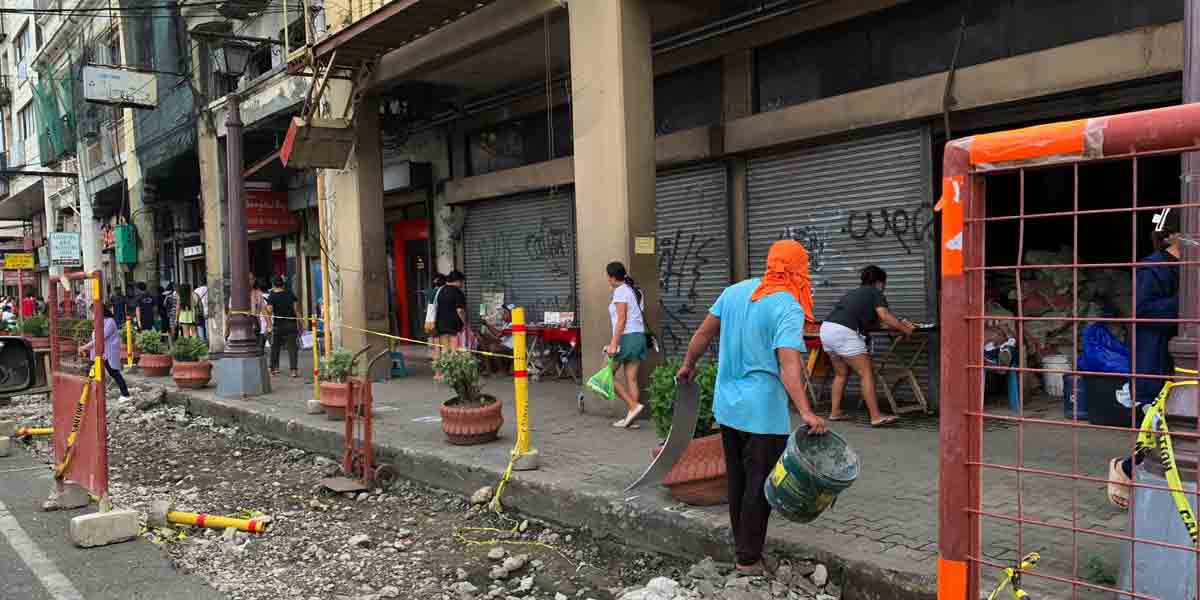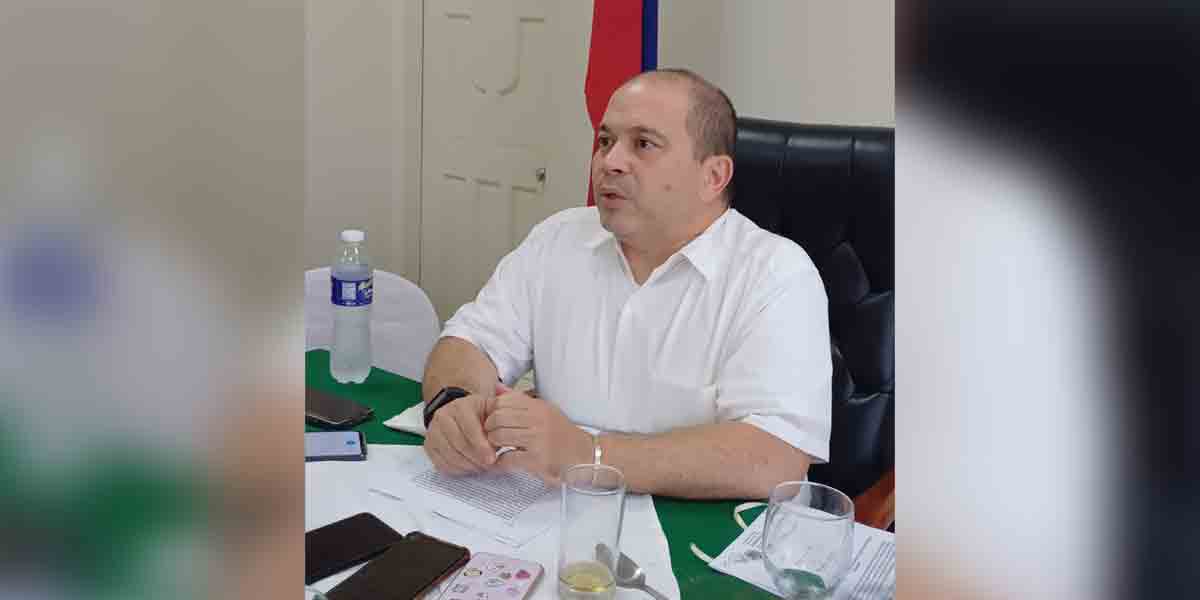
Taking the American side – 2
By: Modesto P. Sa-onoy
If there are words to describe the actuations of the leaders of the Negros 1898 Revolution, that would be that they are pragmatic and foresighted, both in politics and economics. They knew which side of the bread was buttered; which side will win. At that crucial moment in Philippine history, that side is the American side. The US was in a state of expansion and security of its borders and US leaders had developed colonialist ambitions.
When the Negros leaders sent word to the commander of the American naval squadron anchored in Iloilo Bay, they were rebuffed. At this stage, the US was not yet certain of the outcome of the Paris Peace Conference and they had no need for help. They must have thought that their alliance, or to be more precise, the American help for the revolution of Emilio Aguinaldo secured their footing in the Philippines. Nevertheless, the action of the Negros leaders was anticipatory.
Then in February 1899, the Philippine American war broke out. Aguinaldo defied the Americans and retaliated for the killing of several of his soldiers who wanted to enter Manila and were refused. At the time, American troops had occupied Manila, the capital of the country, and held it since May 1898 while Aguinaldo was battling the Spaniards in northern Luzon and in the Visayas.
Aguinaldo had thought that the US will turn over the Philippines to him if not a free country, at least a protectorate. The Philippine president had insinuated when he inaugurated the Philippine Republic that he would seek US “protection”.
This is not new. The US is composed of independent republics and commonwealths that have united for common interest as federated states. I believe Aguinaldo had the same thing in mind and so did the Negros leaders. But the US government had different intentions– it wanted a colony.
When the Philippine-American war broke out, the Americans remembered the offer of Negros to be placed under its protection. Another delegation from Negros received better reception and the following month, in March, American troops landed in Bacolod to provide “protection” for the Negros government.
As anticipated, Papa Isio who preached the gospel of total ejection of foreign powers from Negros, resigned and returned to his mountain lair. He resumed his fight against foreign control, this time against the Americans. The Negros leaders, however felt secured – US troops protected them and hunted down Papa Isio until 1907.
But the hacendados were dismayed, even panicked. A strong lobby of sugar interests in the US blocked the attempt to allow Philippine sugar to enter the country free of tariffs and custom duties. The Philippines, now an American colony and therefore part of its territory, ought to be free to ship its sugar without paying the duties. However, unlike Manila hemp and tobacco that did not compete with American agricultural products, the cheap Philippine sugar would cause great harm to the American sugar industry.
The political independence and privileges of an American protectorate that the Negros leaders had hoped for started to disintegrate. They drafted their Constitution but when it was finished and supposedly sent to President William McKinley for approval, nothing was heard of it again. In July the American Military Governor issued General Order No. 30 that became the virtual constitution of Negros. The order reduced Negros into a colony with a modicum of control that would, in 1901 revert Negros into a province of colonial Philippines under a military governor-general.
The exclusion of Philippine sugar was devastating to Negros. They had cooperated with and even sought political subservience to the US for the sake of their product and they were turned down. Canes rotted in the field for lack of market. Landowners failed to pay their taxes and by 1901 the situation had reached a point that ten towns were unable to finance their operation and had to be downgraded into barrios and become another burden to other municipalities.
Negros was in dire straits, a situation that never happened ever since the sugar industry became the economic base of Negros. It became clear that collaboration did not pay. The Negros government itself had collapsed and the thought of the US market bringing in prosperity became a nightmare.
Only Papa Isioand the masses remained in armed resistance to American rule.




















